Participants will work together to better understand how to build positive data cultures in their schools, the systems and structures to help them to get there, and technology tools like Looker Studio (formerly Google Data Studio) to go beyond the barriers they currently face. Data in any organization is a support tool allowing members to better carry out their core mission, vision, and values. The highest quality schools use data to cultivate a culture of curiosity where teachers and teams regularly discuss how they can do even better for their students.
When setting out to build a positive culture of data there is a clear need for successfully managing perceptions of what this means for those new to the idea to avoid any potential anxiety right from the outset. Many teachers have not had their class learning data or perception data visualized and measured before which can lead to emotions we need to remain aware of. Before a school can create the openness necessary to improve based on data there are some common concerns that teachers have that can lead them to deflect and disregard data.
There is a need for clarity around who is looking at what data and for what purpose. Instead of starting with what data we should be looking at, we must first consider the audience and the questions they want answered. After establishing our audience, we can better decide what data they are looking at and how it is best visualized. Once we know who is looking at the data, for what purpose, and what questions are being explored, it is necessary to create a data calendar to outline to all stakeholders WHEN we are looking at the data. We all know that schools are fast paced systems and time is always a precious resource. If educators know when time will be put aside to dig into the data, they less likely miss data analysis opportunities.
Access to data and data literacy of stakeholders across a school are common problems that create barriers to going further. It is often spread out in many different locations leading us to focus on one metric at a time and fails to show the whole picture. Understanding and having the skills that are needed to combine data in spreadsheets are key to finding success in developing a culture of data. We will engage in challenges of best representing common data such as survey data, external assessments, internal assessments, and data on well-being and the whole child. Whether you are brand new to visualizing data or are already into visualizing data in your own way, I will offer multiple pathways for educators to engage in activities to level up their data skills.
May 2023 - 21CLBKK
Job Role Applicability:
- School Leader
- Technology Director
- Curriculum Director / Coordinator
- Director of Admissions / Marketing
- Head of School/Director
- Director of Professional Development
- Board Member
- Counselor
- Learning Specialist
- Design & Technology
- Technology Coach
- School Support Staff
Presentation
- Lower Elementary [Age 4 - 6]
- Upper Elementary [Age 8 - 10]
- Middle School [Age 11 - 13]
- High School [Age 14 - 17]
- Higher Education [Age 18+]



